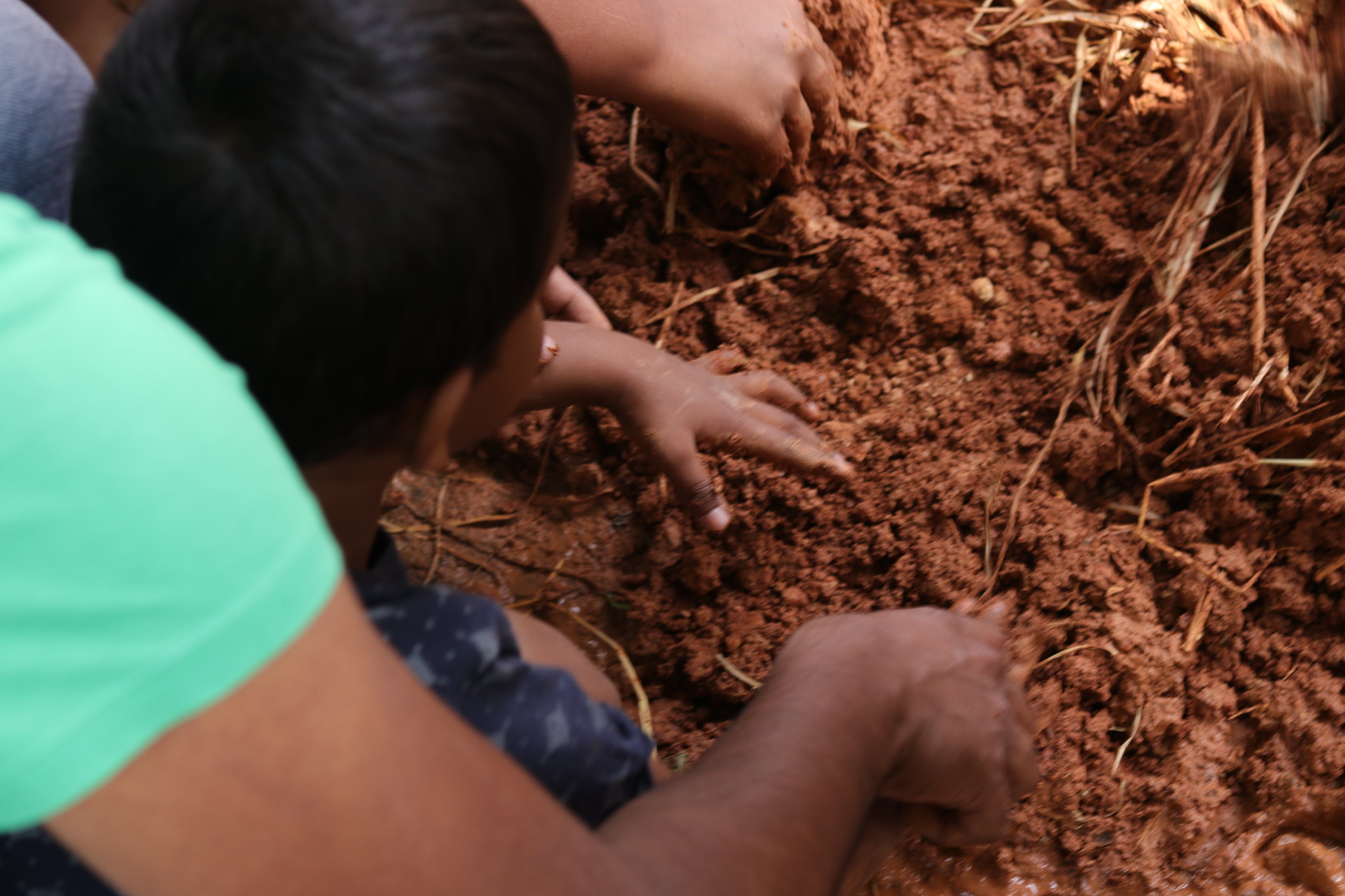
Clique aqui para Português
Each year on June 21, more and more people around the world are celebrating World Localization Day. In 2020, NGO Local Futures organized the first World Localization Day. Countless citizens, initiatives and organizations are involved in localization, even if they may not use the label. Localization, put simply, has to do with reconsidering where we apply our focus: moving it close to home—to building community well-being and self-reliance through local systems for food, economy, housing, knowledge, and more. It is not about nationalism or isolationism, but about shifting awareness away from dependence on top-down globalization and toward how we can strengthen the world from the ground up: by strengthening our communities and their own ways of life and systems of production. Consequently, we may not see ourselves as a movement, even though, as we’ll see below, it’s essential we connect up—the Earth is counting on it. In honor of World Localization Day 2024, RioOnWatch has put together a primer on the movement for localization, understanding that Rio de Janeiro’s vibrant favelas are also potent examples of the power of localization.
What is Localization?
Localization understands that by reorienting our lives towards the local, we can make a dent in global systems of extraction. Rather than profits accumulating in the hands of a few while many feel little agency, through localization, communities and regions retain their uniqueness. They strengthen those living there, while also appreciating the agency of other communities and regions and recognizing how we are all interdependent with one another and the planet.
Local Futures explains that localization is a “solution multiplier,” where local actions have the potential for systemic change. According to Anja Lyngbaek, “Localization goes beyond changing our personal behavior: it’s [also] about making structural shifts in the economy at a macro level.” She quotes Helena Norberg-Hodge, founder of Local Futures.
“To embark on a systemic path of localization, we need to redirect economic support to favor the local over the global, instead of the other way around… If we can bring about policy shifts, we will see healing, regeneration and transformation more quickly than most of us dare to imagine.” — Helena Norberg-Hodge, founder of Local Futures
“Therein lies the beautiful and potent paradox of the global movement for localization,” concludes Lyngbaek.
Localization promotes a return to a gentler, more sustainable way of life that shifts us away from industrial-scale exploitation. There are countless ways to engage locally.
The movement isn’t new, but it is growing, as is awareness of the importance of connecting up. Recognizing and uniting diverse initiatives around the world is essential to building strength and recognition that allows for faster growth in awareness and engagement locally and beyond. The benefits of global localization include increased sovereignty, security, artistry, and balance at the individual and collective levels. And these results compound.
In India, the Deccan Development Society helps tribal women achieve food sovereignty by maintaining seed banks that provide an alternative for local farmers. In Thailand, the Pun-Pun Center for Self-Reliance promotes agroecology through an organic farm that regenerates communities and the environment.
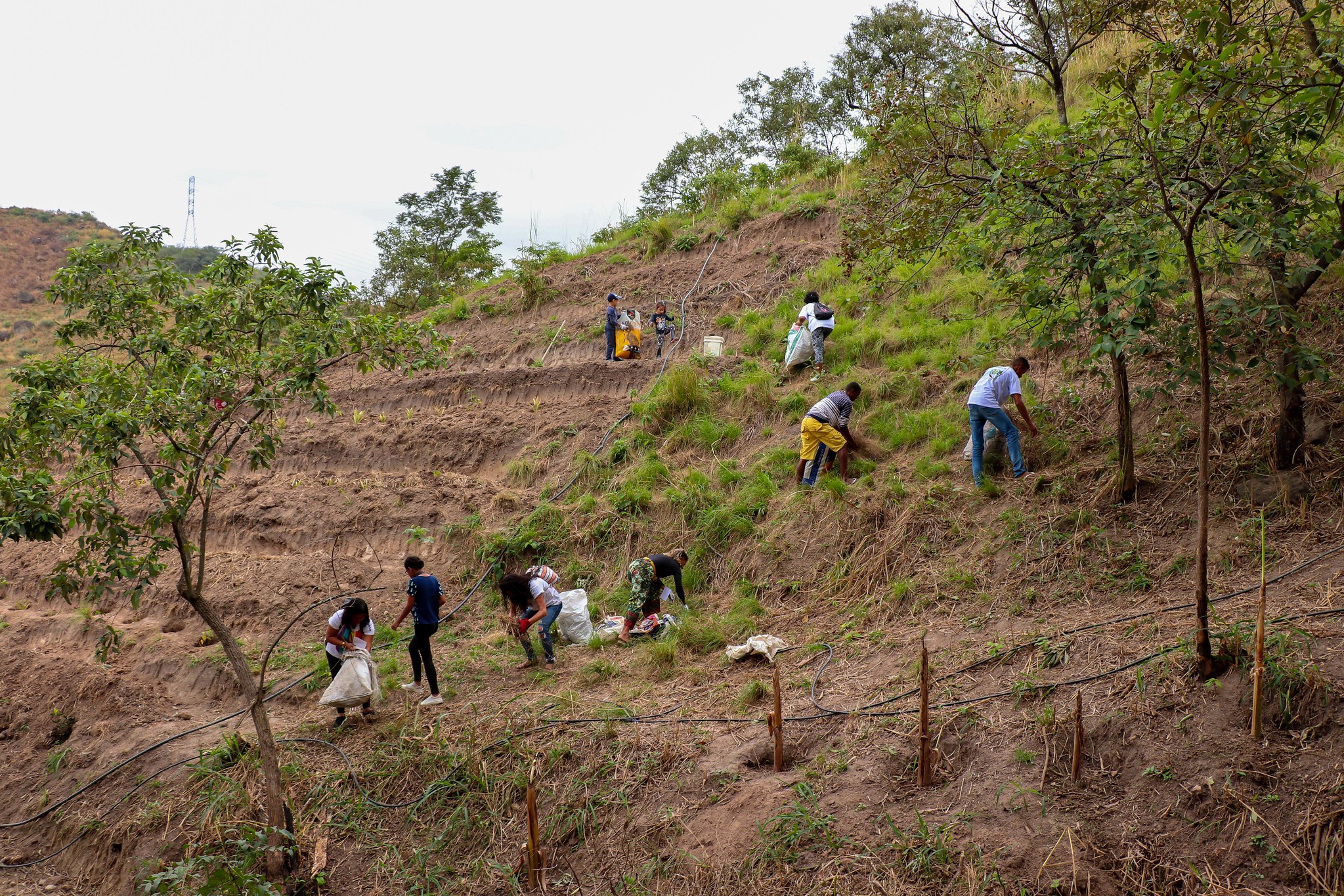
The Origins of World Localization Day

World Localization Day emerged during the Covid-19 pandemic. During this interstitial time when the global economy slowed and polluted airs cleared, Norberg-Hodge and her team at Local Futures saw this as an opportune moment to take a leap for their cause. During the first World Localization Day on June 21, 2020, viewers from over 174 countries participated in the necessarily online event. Four years later, the event takes place primarily in-person, with some online programming by organizations worldwide.
World Localization Day 2024 Events
There are official events taking place throughout June for World Localization Day 2024. If you live nearby you can participate in food festivals, sustainable cooking classes, farmers markets, panels, film screenings and festivals, forums, workshops, and even a sheep fleece fair in the UK. Many events are family-friendly. Organizations in Bangladesh, Brazil, India, Japan, New Zealand, Portugal, Spain, Switzerland, the UK, and the US have announced in-person events, with groups in Japan and Australia holding virtual ones. And if you don’t live near these official events, chances are good you can walk out your front door and engage locally in myriad ways that are unique to where you live.
Importantly, these gatherings provide a way for people to bolster community interconnectedness and meet with local producers such as farmers, artisans and fisherpeople. The variety of approaches in this decentralized movement reflect the diversity of contexts, though typically their goals are similar.
World Localization Day 2024 in Brazil
On June 8, during Environment Week, EcoUniversidade and AdubaArte hosted Regenera Essipê (Regenerate São Paulo) at Ibirapuera Park. The organizers chose this setting so that participants could connect with nature in the southern hemisphere’s largest city. The event approached localization through the lenses of environment, spirituality, and community, focusing on the climate crisis in Brazil.
Meanwhile, without knowing to label themselves part of this movement, just in Rio de Janeiro and just covered by RioOnWatch this month, community organizers in Rio’s favela have organized local media production, a climate emergency awareness event, and a literary festival, while celebrating the 18th anniversary of their own museum. Localization is everywhere!
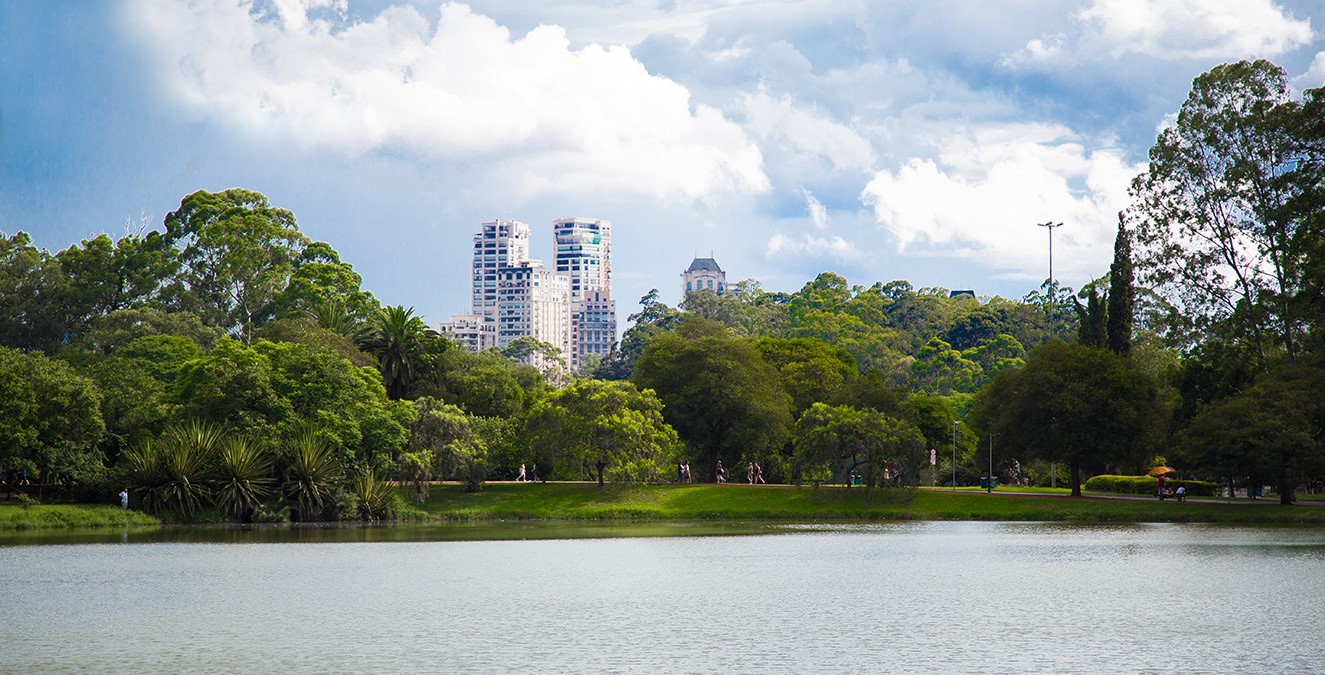
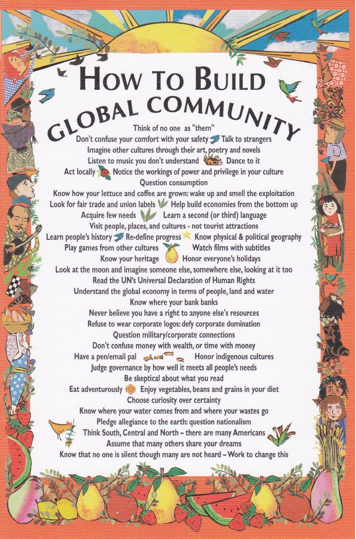
According to the website, “Faced with the current context of climate emergency in which the Rio Grande do Sul floods and the extreme drying of Amazonian rivers sound like cries from our profoundly violated Earth, it is the responsibility of all to find regenerative solutions to transform our communities and cities into resilient structures.” Workshops, discussions, and reflections over the course of the day allowed participants to consider issues such as how cities can respond with resilience to the climate crisis. Lunch was locally sourced and consisted of a sustainable meal prepared by Alumiô Culinária Integrativa.
Local Futures also lists a range of other Brazilian organizations as global partners. Revolution of the Buckets has begun an urban composting system in Florianópolis, capital of the southern state of Santa Catarina. Pacari Network supports traditional pharmacies in the Cerrado—the world’s most biodiverse savanna, located in the Central-West region of Brazil—with medicinal ecology, and has released a remarkable “Pharmacopoeia of the People of the Cerrado” that compiles this knowledge. Polo da Borborema promotes agroecology and water sovereignty in the northeastern state of Paraíba. Finally, Banco Palmas is a community development bank in Fortaleza, Ceará state, which has been known for decades for its local currency called the Palmas. Hundreds of local businesses currently use Palmas instead of or alongside the Brazilian Real.
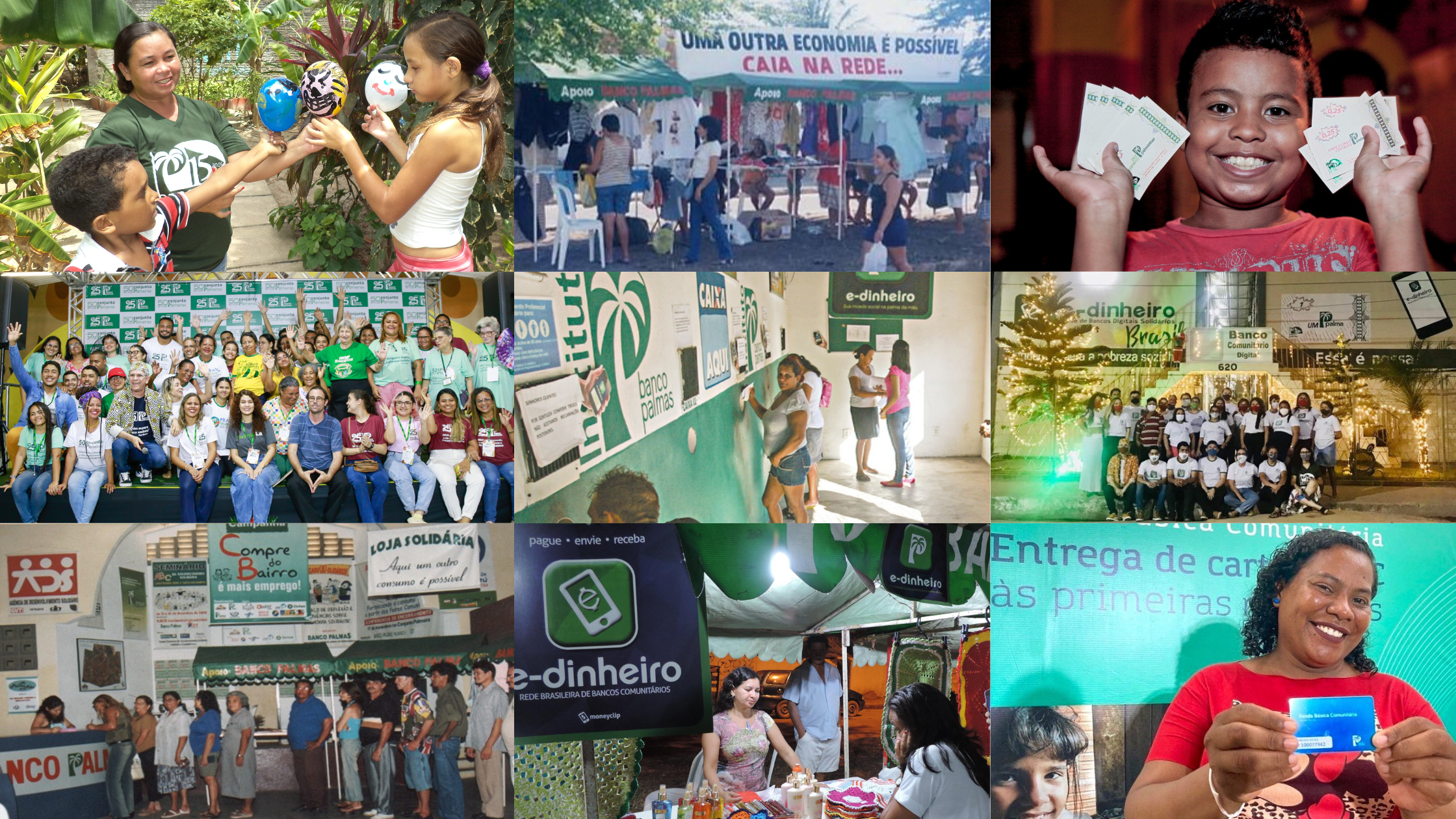
Building a future based on localization roots people in their cultures and histories, assisting with the material realities of their lives as well as intangible feelings of sovereignty and dignity.
Watch the documentary ‘The Power of Local” launched by Local Futures for World Localization Day, 2024, with images from Rio de Janeiro’s Favela Community Land Trust program:*
*The Favela-CLT Project and RioOnWatch are both programs managed by NGO Catalytic Communities.
